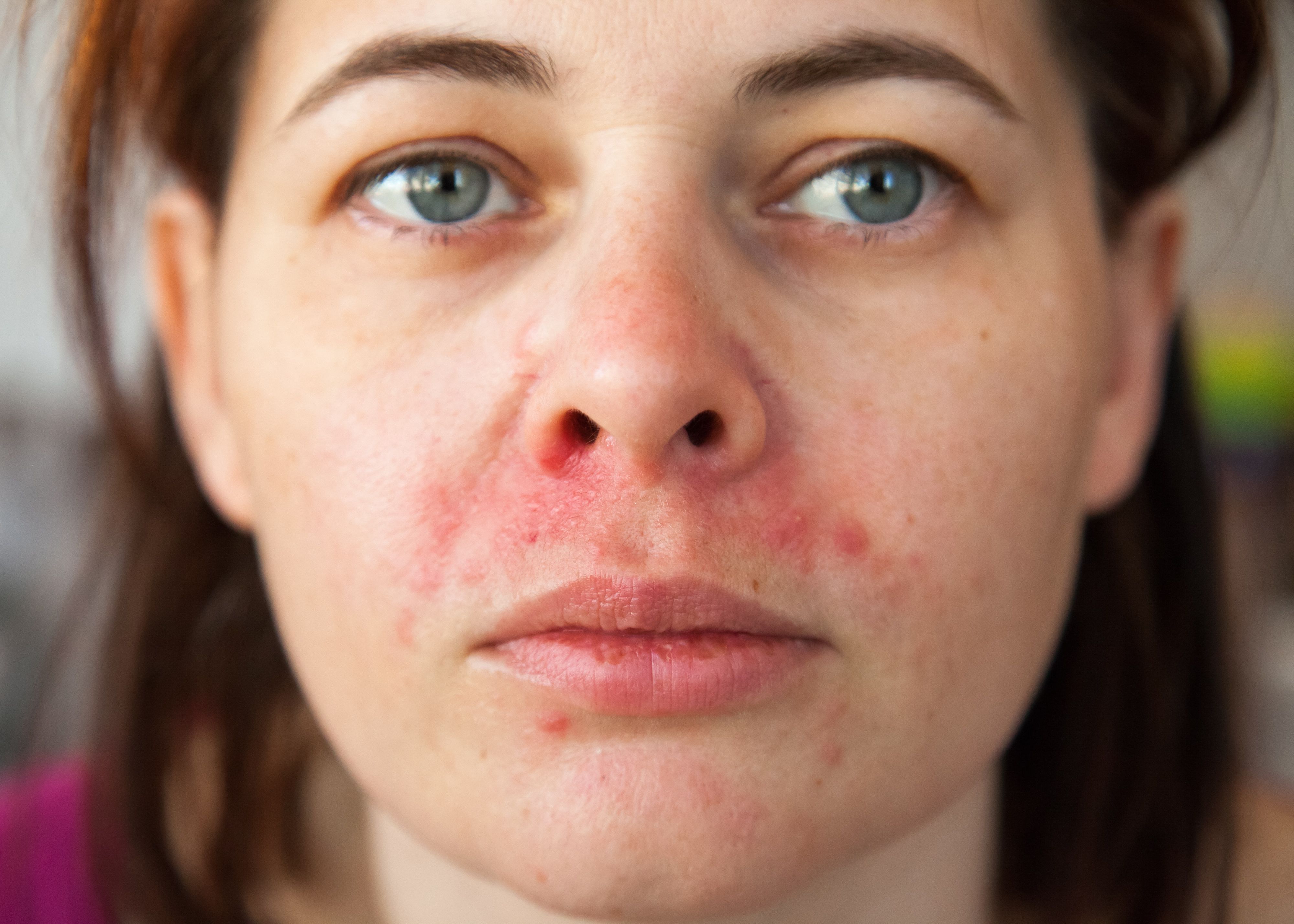- Acne
- Actinic Keratosis
- Aesthetics
- Alopecia
- Atopic Dermatitis
- Buy-and-Bill
- COVID-19
- Case-Based Roundtable
- Chronic Hand Eczema
- Chronic Spontaneous Urticaria
- Drug Watch
- Eczema
- General Dermatology
- Hidradenitis Suppurativa
- Melasma
- NP and PA
- Pediatric Dermatology
- Pigmentary Disorders
- Practice Management
- Precision Medicine and Biologics
- Prurigo Nodularis
- Psoriasis
- Psoriatic Arthritis
- Rare Disease
- Rosacea
- Skin Cancer
- Vitiligo
- Wound Care
News
Article
Association Found Between Atopic Dermatitis and Altered Oral Microbiome
Author(s):
A poster from the 2023 Revolutionizing Atopic Dermatitis Conference revealed a link between AD, impaired oral health, and oral dysbiosis.
misalukic/Adobe Stock

An association between atopic dermatitis (AD) and an altered oral microbiome/oral dysbiosis was explored in a recent study, according to a poster presented at the 2023 Revolutionizing Atopic Dermatitis (RAD) Virtual Conference on December 10, 2023.
In the recent prospective case-control study, researchers sought to explore the relationship between atopic dermatitis (AD) and oral health, shedding light on the oral microbiota in AD patients compared to healthy controls.
The study aimed to address the gap in existing data regarding the correlation between chronic oral diseases and skin disorders, particularly in the context of AD.
The study, which involved 45 AD participants and 41 age- and sex-matched non-AD controls, meticulously assessed various oral health indices, including the Gingival Index, Plaque Index, Oral Hygiene Index, Caries Severity Index, and prosthodontics status. Additionally, samples of oral flora were collected and subjected to high-throughput 16S rRNA gene sequencing analysis for microbiome assessment.
The results revealed that, despite no significant differences in demographic and clinical characteristics between the two groups, participants with AD exhibited significantly poorer plaque and oral hygiene indices. There was also a noticeable trend towards a higher gingival index in the AD group. Furthermore, the oral microbial diversity in the AD group was found to be significantly higher compared to the control group.
The Faith phylogenetic diversity test indicated increased oral microbial diversity in AD patients (α-diversity), and the analysis of β-diversity demonstrated distinct clustering of microbial communities between AD patients and controls. This dissimilarity was statistically significant and suggested an association between AD and altered oral microbiota.
The study also highlighted that higher community diversity, as observed in AD patients, has been previously linked to periodontitis and gingival disease. Furthermore, AD patients exhibited a significant increase in the abundance of taxa correlated with oral diseases, while there was a decreased abundance of bacteria associated with oral health.
"Previous studies linked chronic oral diseases to skin disorders such as psoriasis. However, data about oral health and oral microbiota in atopic dermatitis is sparse," study authors wrote. "AD appears to be associated with poorer oral health and oral dysbiosis, and thus, there is a need to increase the awareness of both patients and physicians about oral health."
Reference
Shahin A, Leshem YA, Taieb Y, et al. Adult Atopic dermatitis is associated with impaired oral health and oral dysbiosis- a case-control study. Poster presented at: 2023 Revolutionizing Atopic Dermatitis (RAD) Virtual Conference; December 10, 2023.
Newsletter
Like what you’re reading? Subscribe to Dermatology Times for weekly updates on therapies, innovations, and real-world practice tips.











